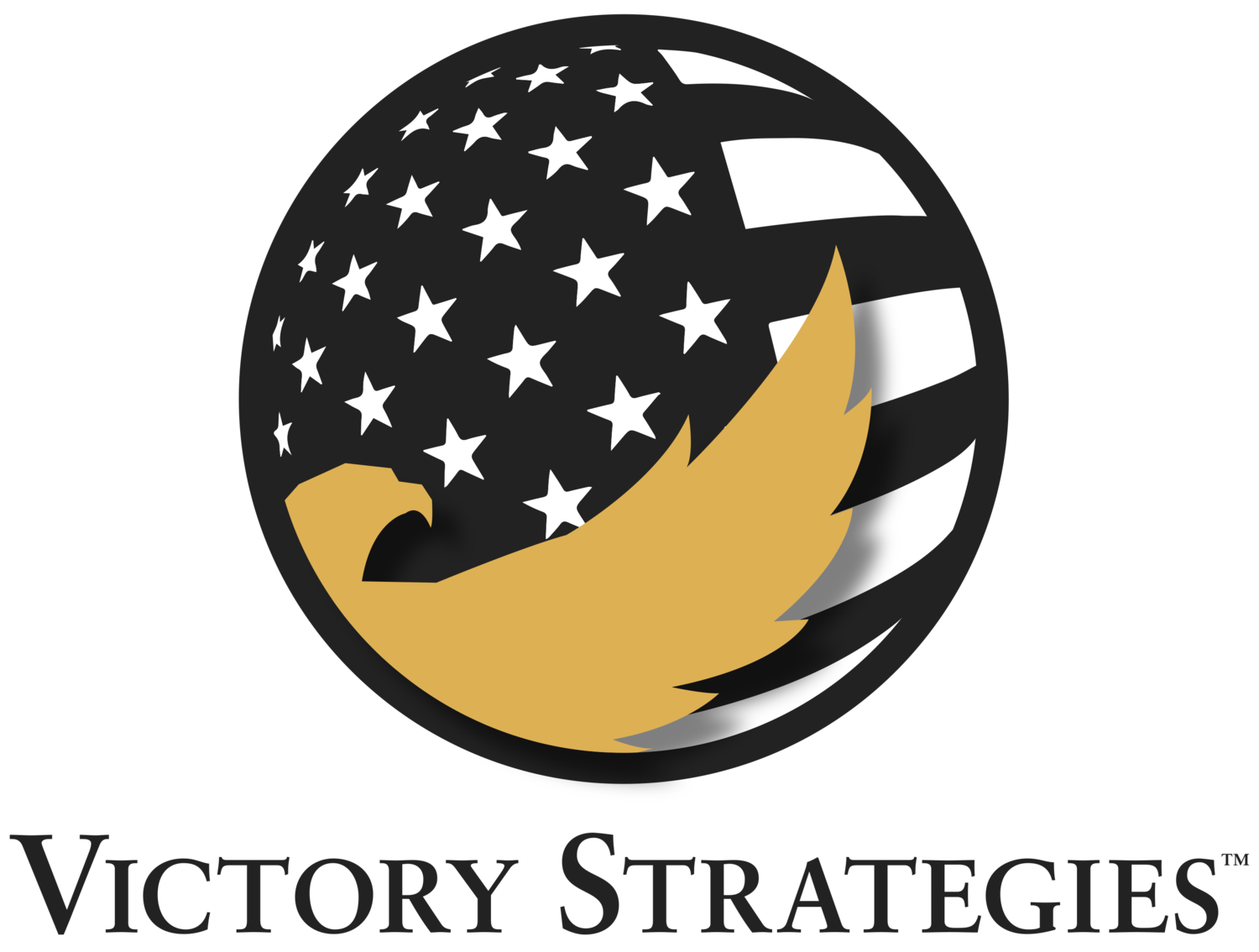Or maybe you’ve been on the receiving end of that description?
Let’s be honest: passion and inflexibility are often separated by a very thin line.
We’ve all experienced moments of professional exchange when someone’s conviction is so strong, there’s no room for dialogue. I’ve been that person. I’ve believed so deeply in what I was trying to achieve that I simply couldn’t hear any other voices in the room.
In retrospect, it’s not hard to recognize—or even admit—that when passion is too loud, it can create friction, or even stagnation, instead of momentum.
And yet, as leaders, we’re taught to be principled.
To stand strong in our beliefs and rally others with a bold vision.
After all, passion is considered a strength… right?
So, where do we draw that line?
How do we balance conviction with openness?
How do we lead purposefully while making space for others to not only contribute—but also shape the environment?
In their book The Passion Paradox, Brad Stulberg and Steve Magness delve into the concept of passion and how it relates to success and fulfillment in life. Among the many insights they offer, one simple but compelling piece of advice stands out:
“Hold your principles tightly, but your opinions loosely.”
Stop for a minute and let that sink in…
If you really take this to heart, it can shift the way you think about what it means to lead.
After spending 33 years in the military, I have a healthy appreciation for the importance of developing a vision and creating an environment that allows that vision to become reality. Sometimes, it takes a lot of “encouragement” from leadership for that vision to take shape.
But when you find yourself alone in the quest to see change take hold—no matter how loud or how often you pound the drums—it might be time to step back and re-evaluate your approach.
When we hold our principles tightly but our opinions loosely, what might we discover?
I once had a Sergeant Major request a one-on-one conversation. He told me, plainly but respectfully, that it would be helpful if I took a step back from the execution of our team’s strategy.
At the time, we were undergoing a major organizational restructuring and implementing a new engagement plan. I had directed the changes personally, and I was fully invested—maybe even over-invested.
But as he spoke, I realized how little input I had invited or accepted from the team. I’m grateful for that confident and perceptive teammate’s counsel—because he was right.
I needed to take that step back and re-evaluate my approach.
In this case, the right answer was to allow my vision to be shaped by my very capable team.
In the end, it’s not about compromising your principles.
It’s about staying humble and being curious about what others might contribute to your passion.
Despite what you may be telling yourself, weighing your convictions against the insights of your peers, your team, or even your boss may actually sharpen your thinking and elevate the outcome. AND…along the way, it creates trust and buy-in. People won’t see this as weakness—they’ll see it as an opportunity to be part of something meaningful.
Here’s what I’ve come to believe:
Passion without humility can hinder progress.
Holding principles tightly and opinions loosely is possible—but it takes work and trust.
Knowing when to hold the line and when to compromise is an art, not a science—and it’s an invaluable adaptive leadership trait.
Leading with passion and humility isn’t always easy, but it is always worth it!
Authored by: April Vogel, Director
#VictoryStrategies #Leadership #SelfAwareness #GrowthMindset

